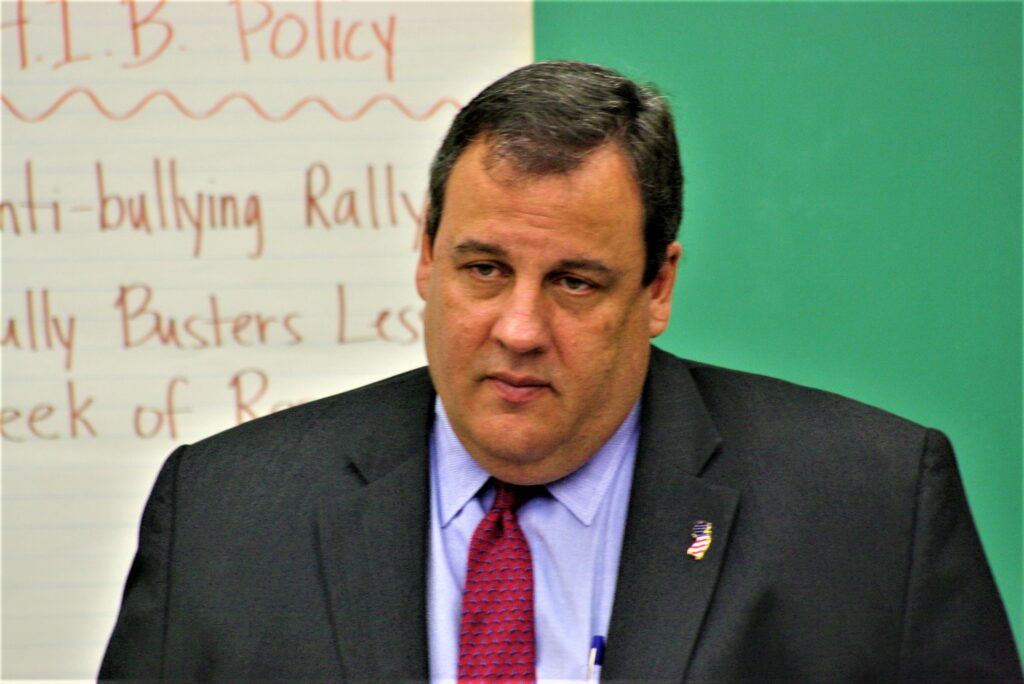DayTop and the Law of Unintended Consequences
Listen to audio version of this article

For about the last 30 years, Daytop Mendham has been considered one of the  premier adolescent substance abuse treatment centers in the state. Its supporters over the years have included no less a personage than Chris Christie, who lives nearby.
premier adolescent substance abuse treatment centers in the state. Its supporters over the years have included no less a personage than Chris Christie, who lives nearby.
But now, Daytop is struggling to survive.
James P. Curtin, the president and CEO, says the facility may be forced to close this spring unless the state comes to the rescue.
To the layman, this seems counterintuitive, even bizarre.
Why is a well-respected substance abuse facility facing closure when stories about an ongoing opioid crisis abound?
It all has to do with changing state regulations - ironically back during the Christie administration - and perhaps the law of unintended consequences.
Curtin said in an interview on Tuesday that adolescent treatment centers like Daytop used to be managed by the state Human Services Department. But in 2014, the state moved these facilities to the Department of Children & Families. This seemed logical at the time; bringing care for adolescents under one umbrella.
But as Curtin explains, other factors were at work.
One was the goal of removing young people from the criminal justice system. Under the Juvenile Diversion Alternative Initiative, Curtin said fewer young people were being incarcerated. But a consequence was that they were no longer being identified as in need of substance abuse services. Additionally, he said more young people needing treatment are being kept in their homes on the belief that's better than placing them in a treatment center.
Curtin says the bottom line is that residential treatment centers for young people - basically teens - have closed. That includes Integrity House in Newark and Straight & Narrow in Paterson.
As for Daytop, the center has 70 beds, but on this day, only about 25 were filled. The facility has a staff of 60, so the financial problems are easy to grasp. Daytop receives Medicaid funds for each child residing at the facility of $287 per day.
Given the fact the problem has been simmering for some time, Curtin says he's trying to fix things with all the political capital he can muster.
And that is considerable.
Christie is not only a former Daytop board member, he often has spoken about Daytop in formulating state efforts to fight opioid and other drug addiction. Curtin says he's also been in contact with local legislators - this is Sen. Anthony M. Bucco's district - and such Democrats as Sen. Richard Codey and Senate President Stephen Sweeney.
And last week, the Morris County freeholders through their administrator, John Bonanni, wrote to Gov. Murphy seeking his help.
"I would respectfully ask that your office intervene so that these lifesaving services to our youth do not disappear," the letter said.
What can the governor do?
Curtin said the state can provide an infusion of needed cash and also increase the Medicaid reimbursement rate.
He said his direct message to Murphy is a simple one:
"You did not cause this (problem), but it's only you who can fix it."
There seems no debate over the need to treat young people battling addiction.
Curtin says about 28,000 individuals across the state between 18 and 29 enter adult, substance abuse treatment centers every year.
"How many of them do you think only started doing alcohol or drugs when they were 18?" he asks.
It's a question that answers itself.





